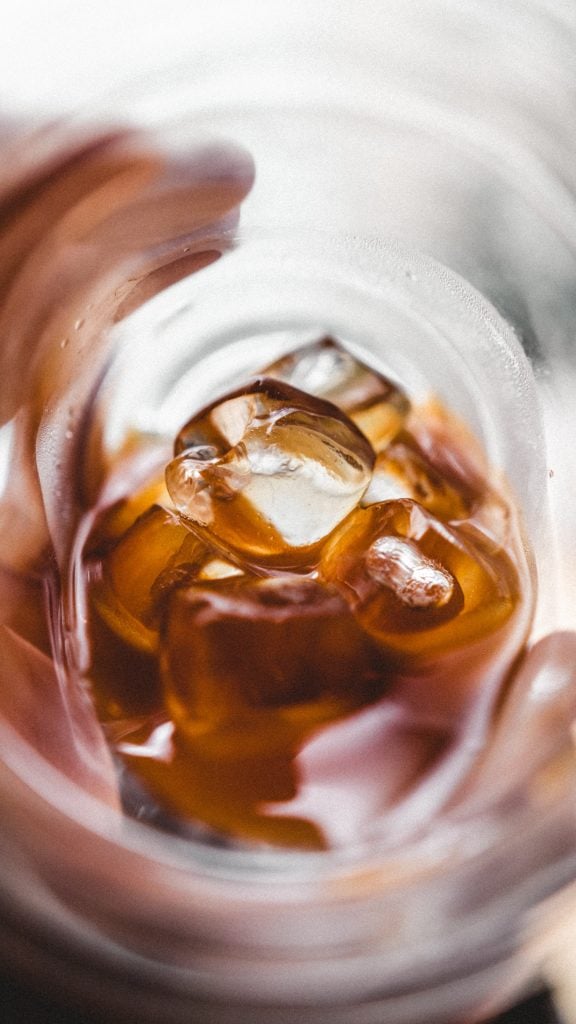
People chew on ice for many reasons, whether it’s to enjoy a nice cool summer treat, relieve boredom, relieve stress, or cut back calories. It may seem like a harmless habit, but chewing on ice is very damaging to your teeth for several reasons.
We encourage you to consider the damage you are exposing your teeth to when you chew on ice.
Wears Down Enamel
Chewing on ice wears down the enamel on your teeth. Enamel is what keeps your teeth strong and protected from chewing, biting, crunching, and grinding. The more it wears down, the more likely you are to have tooth damage, tooth sensitivity, or cavities.
Ruins Fillings
Putting freezing-cold ice into your mouth causes fillings to expand. When fillings expand, they last for a shorter period of time. Therefore, chewing on ice will result in more visits to the dentist to get these refilled.
Damages Gums
Ice is hard and sharp, so it can easily puncture and damage your gum tissue. With the gum issue already facing enough risk with the food you eat every day, there is no need to make the situation worse.
Cracks Teeth
Sharp edges on ice have also been known to crack teeth. When you bite down on ice, you put a lot of pressure on small areas in your mouth, and sometimes your mouth cannot bare the load. A lot of times, small, unnoticeable fractures develop over time from repeated ice chewing, and eventually a large fracture results. To fix large fractures, you will need crowns and sometimes root canals.
Increases Sensitivity
Constantly exposing your teeth to extreme temperature changes with chewing on ice is damaging to the nerves inside your teeth. Chewing on ice increases tooth sensitivity, so if you already suffer from tooth sensitivity, chewing on ice will only make your problem worse.
Causes Headaches/Toothaches/Jaw Soreness/Brain Freezes
Chewing on ice can also create several other kinds or irritations to your body. Moving your jaw to bite down and grind on hard, crunchy, cold ice can cause you to get a headache, develop soreness in your jaw, or even develop a brain freeze. Also, if you irritate the soft tissue in your teeth, you can get a toothache.
Feeds into a More Serious Underlying Health Issue
The need to chew on ice can potentially be associated with more serious health issues, such as nutritional deficiencies, stress, obsessive-compulsive disorders and developmental disorders.
A common nutritional deficiency associated with the intense craving for repeatedly chewing on ice is iron deficiency anemia. Scientists believe that some people’s need to chew ice stems from them wanting something cool to soothe oral inflammation that arises from iron deficiency anemia. They think it could also make people with anemia feel more alert, because being cold pushes better-oxygenated blood up to the brain and creates an anti-inflammatory effect on the mouth that results from iron deficiency.
If you find yourself constantly chewing on ice, consider trying alternatives that are more protective of your teeth, such as cool drinks, popsicles, or slushies.
—
Want to schedule your 6 month dental visit? Contact our Cary dental practice today by calling (919) 467-0654 or filling out our contact form!
